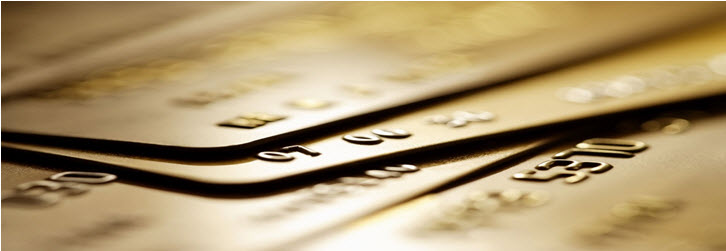When making tax payments to HMRC, you are currently only charged a fee if you pay by business credit card, while payments by personal credit card are not permitted. However, from 1 November 2020, payments made using a business debit card will also attract a fee.
The rationale behind the change is to avoid any cost to the public purse, so business debit card users will be charged a fee equal to the total cost incurred by HMRC when receiving the card payment.
Alternatives
HMRC accepts a wide range of alternatives which will not incur charges for the taxpayer, including:
- Online banking – Quick and easy to set up, with the advantage that details are saved for the future, with Faster Payments normally being immediate. You can also pay with CHAPS or Bacs or use telephone banking.
- At your bank or building society – This method is only an option if you still receive paper statements from HMRC and also have the paying-in slip HMRC sent you (printing one is not an option).
- Direct debit – Set up is via your HMRC online account, this is not quite as convenient as online banking, with payments normally taking longer to process. You need to plan ahead if paying by direct debit. HMRC says to allow five working days to process a Direct Debit the first time one is set up, and three working days the next time if you’re using the same bank details.
- By cheque through the post – You can print a payslip to use if HMRC has not sent you one. Allow three working days for the payment to reach HMRC, with an obvious delay if the cheque is not completed correctly.
The fee-change is only to business debit cards, so payments made using a personal debit card can continue to be made to HMRC free of any charges.
HMRC has online guidance on paying your taxes.







